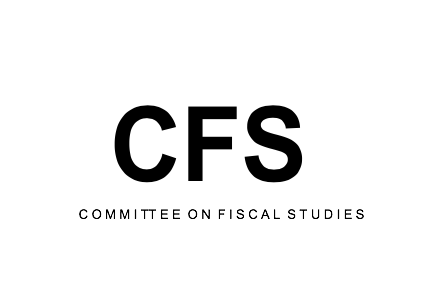The Theories of the State and the Internationalisation of the State as a Framework for the Discussions on International Taxation.
Abstract
The reproduction of global capital requires the construction of supranational legality, an internationalisation of the State. Furthermore, the participation of States in this world system is characterized by competition among States to attract capital, with tax incentives playing a central role. The discussion on the theories of the State can then serve as a framework to understand current discussions on international taxation. Since 1991, Picciotto has been proposing - with a growing movement of followers in the academic faculty and/ or civil society - unitary taxation as an alternative to the arm's length principle that has been transposed into most national tax regulations since the beginning of the 20th century. Such proposal arose at a time of intersection between his contributions to the discussions on the theories of the internationalisation of the State and his first study on international business taxation. Following several other OECD proposals from 1998 onwards, in 2018, the G20/OECD’s Inclusive Framework on BEPS proposed a unified solution to tax the digital economy, along with a proposal to combat base erosion of the taxable income and the transfer of profits. Both proposals are based, conceptually, on the principle of unitary taxation. This article discusses the challenges of international taxation within the framework of the debate on the internationalisation of the State. Both ends of this discussion draw heavily on Picciotto's academic work.



